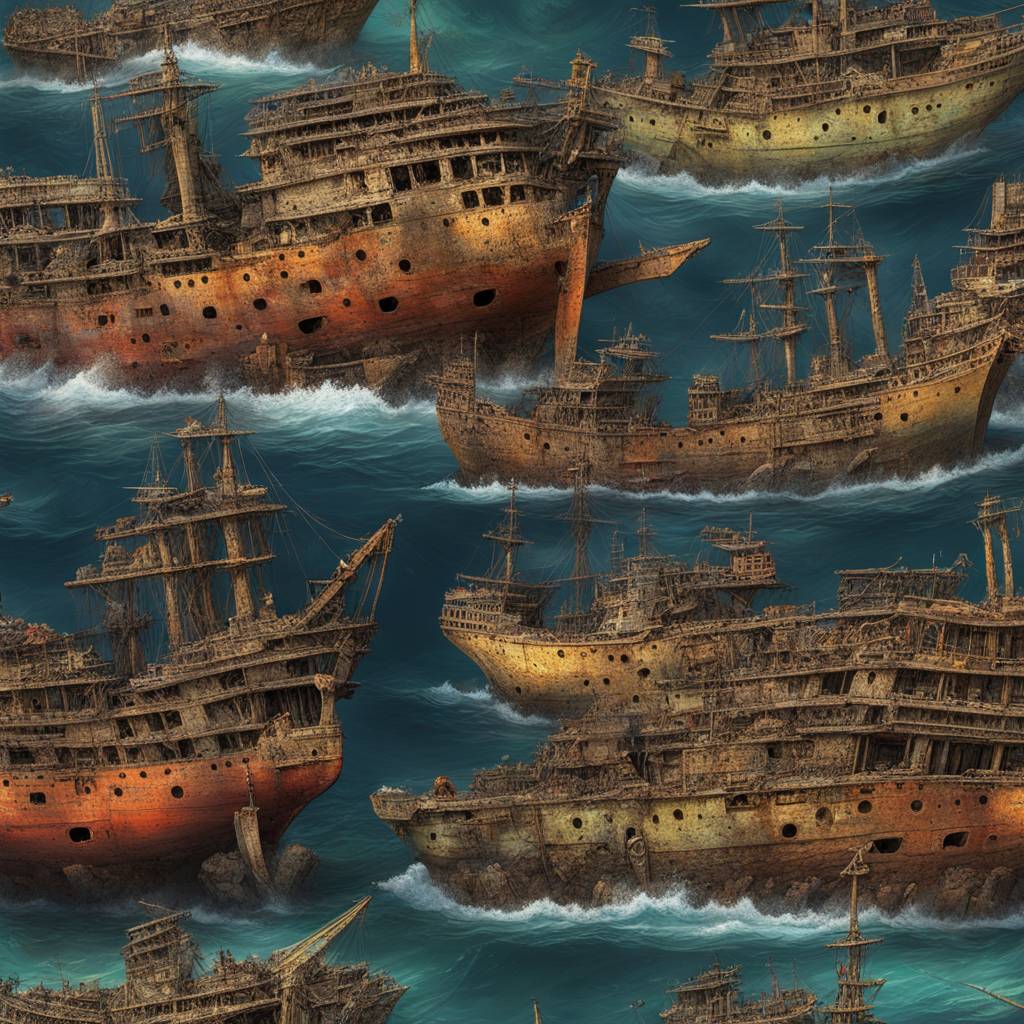The Rottnest ship graveyard, located south-west of Rottnest Island, is a burial ground for ships, naval vessels, aircraft, and submarines dating back to the early 1900s. Many wrecks in the graveyard remain undiscovered, lying at depths ranging from 50 to 200 meters. Exploration of these wrecks is risky and costly, with human divers or remotely operated vehicles costing between $20,000 to $100,000 depending on depth.
Recently, drones have been used to explore the ship graveyard, significantly reducing costs by 75%, pinpointing exact coordinates of wrecks, and fully surveying them in less than five hours. Data from these explorations has been shared with the WA Museum for public archives and can be viewed on immersive displays at Curtin University. Only 5% of the ocean has been explored and charted by humans, leaving 95% uncharted and full of mysteries, including an estimated 3 million undiscovered shipwrecks.
One of the recorded wrecks off WA’s shores is the luxurious SS Koombana, a passenger ship that disappeared during a cyclone in 1912 while ferrying over 150 passengers. The teams involved in exploring the Rottnest ship graveyard now have their sights set on uncovering more maritime mysteries, such as the SS Koombana, to shed light on the history and stories behind these lost vessels. The use of drones in exploration has revolutionized the process, making it more efficient and cost-effective.
The discovery of shipwrecks in the Rottnest ship graveyard has provided valuable insight into the maritime history of the area, shedding light on the fate of these lost vessels and the stories of those who sailed on them. The use of technology such as drones has made exploration more accessible and affordable, allowing for further discoveries to be made in the future. With only a small percentage of the ocean explored, there is still much to uncover in the depths off WA’s shores, including more wrecks like the SS Koombana.
The potential for further exploration and discovery in the Rottnest ship graveyard is vast, with many wrecks still waiting to be uncovered and their stories brought to light. The use of new technologies and methods in underwater exploration has opened up opportunities to delve deeper into the mysteries of the ocean and discover more about the history and heritage of shipwrecks in the area. By continuing to explore and document these wrecks, researchers and historians can piece together the puzzle of maritime history and preserve the legacy of these lost vessels for future generations.




